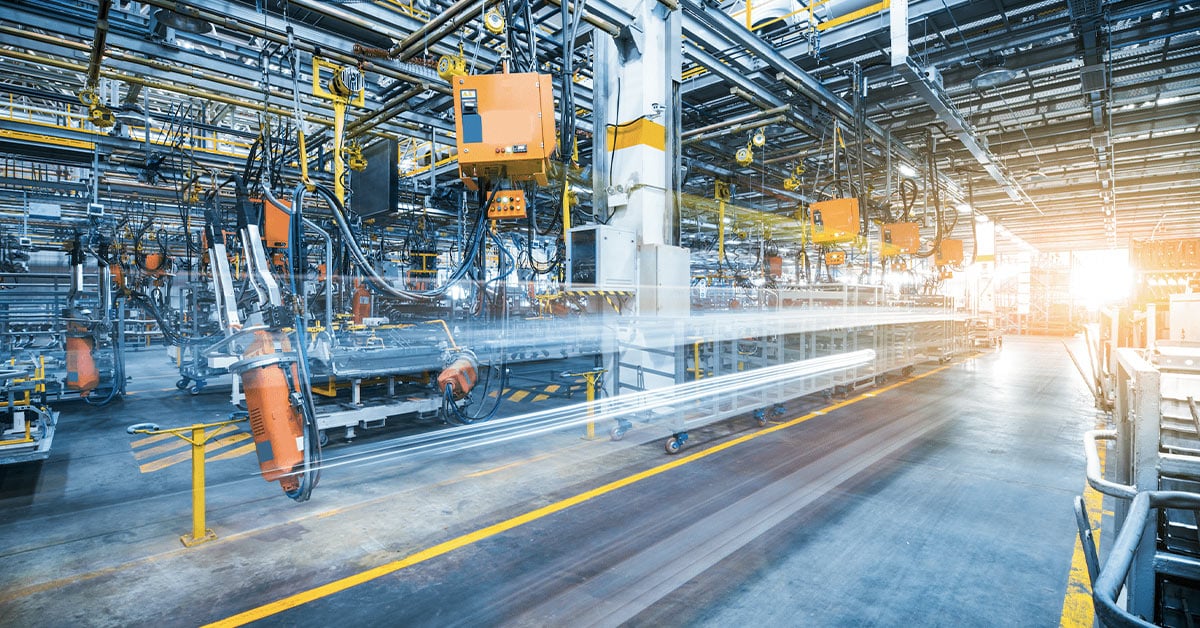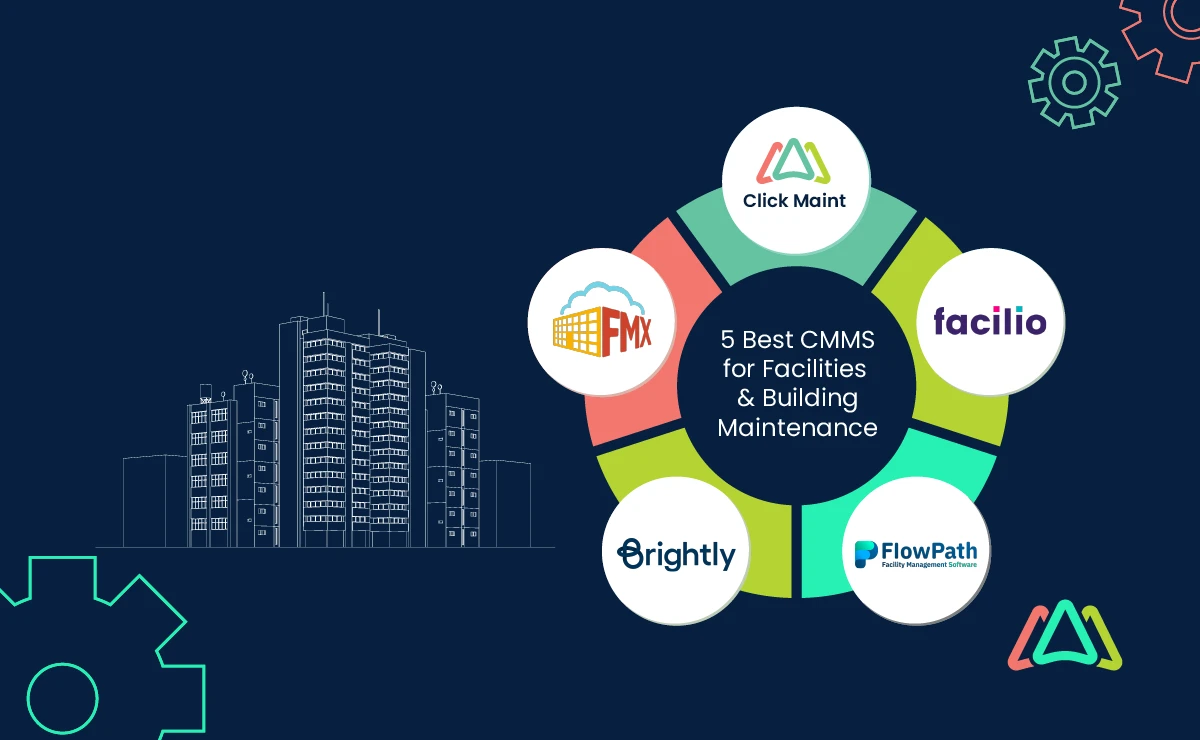Why Facility Management is Critical for Asset Durability
Why Facility Management is Critical for Asset Durability
Blog Article
Secret Fads Forming the Future of Facility Management in 2024
As we look in advance to 2024, the landscape of center monitoring is positioned for substantial change, driven by several vital trends. The integration of wise building technologies and a shift towards data-driven decision-making assurance to improve functional efficiency while prioritizing sustainability in technique.
Smart Structure Technologies

Smart building innovations include a vast selection of systems, consisting of smart lights, cooling and heating controls, and safety and security systems. By integrating these systems, center managers can monitor and change criteria in real-time, resulting in substantial reductions in energy waste and operational costs. For instance, smart sensors can detect tenancy levels and adjust lighting and temperature level accordingly, making certain that energy is just made use of when needed.
Additionally, these innovations facilitate enhanced information collection, permitting companies to track use patterns and recognize opportunities for additional renovations. The application of smart building modern technologies not just adds to sustainability goals but additionally develops healthier workplace that can boost employee productivity and contentment.
As we relocate right into 2024, the adoption of clever structure innovations will likely speed up, reflecting a broader shift in the direction of even more intelligent, receptive, and sustainable center management practices.
Data-Driven Decision Making
Increasingly, companies are leveraging data-driven decision making to improve facility administration practices. By utilizing data analytics, facility supervisors can derive workable understandings that substantially boost functional efficiency and source allotment. The integration of sophisticated innovations, such as IoT sensors and real-time monitoring systems, allows the collection of huge amounts of information on structure efficiency, occupancy rates, and power intake.
This wide range of details enables center supervisors to determine fads, anticipate maintenance demands, and proactively address problems prior to they escalate. For instance, anticipating analytics can anticipate devices failings, minimizing downtime and fixing prices. Additionally, information visualization tools help with much better communication among stakeholders, ensuring that notified choices are made collaboratively.
Additionally, data-driven approaches improve strategic planning by enabling center managers to assess the efficiency of current techniques and make educated selections pertaining to investments in modern technology or framework. As organizations significantly prioritize operational quality, data-driven decision making is poised to become a cornerstone of effective center management approaches in 2024 and past. Eventually, the ability to take advantage of data properly will equip organizations to create much more effective, effective, and resilient centers.
Sustainability and Environment-friendly Practices
The focus on data-driven decision making normally straightens with the growing concentrate on sustainability and green methods within center administration. As organizations progressively focus on ecological responsibility, facility managers are leveraging analytics to optimize resource usage, decrease waste, and reduce carbon impacts. This critical method enables the integration of energy-efficient systems, such as LED lights, wise a/c controls, and renewable resource sources into center procedures.
Additionally, the application of sustainable practices expands past power consumption. Facility managers are adopting eco-friendly materials and promoting reusing initiatives to create a circular economy within their centers. This not only boosts the ecological profile of the company yet likewise cultivates a society of sustainability among employees.
Conformity with environmental policies is another important aspect driving the adoption of environment-friendly methods. By making use of information analytics, facility supervisors can keep track of conformity metrics and recognize locations for enhancement, making certain adherence to local and worldwide sustainability criteria.
Hybrid Work Versions
A considerable shift towards hybrid work versions is improving the landscape of facility management in 2024. This paradigm incorporates in-office and remote work, necessitating a reevaluation of space usage, source appropriation, and staff member interaction approaches. Organizations are significantly acknowledging the significance of versatile workspaces that accommodate varied needs and choices.
Facility supervisors must adapt by applying versatile office styles that support collective initiatives while providing locations for focused work. This includes the combination of technology to promote seamless communication and partnership amongst remote and in-office workers. Smart structure solutions, outfitted with sensors and analytics, permit real-time monitoring of space usage, enabling companies to maximize their atmospheres efficiently.
Furthermore, hybrid work models stress the demand for effective center monitoring that prioritizes employee experience. In significance, the crossbreed work design is reinventing facility management, motivating a positive go to my site method to satisfy the evolving needs of the labor force.
Improved Owner Health
As organizations embrace hybrid job this versions, an increased concentrate on owner wellness is ending up being integral to center administration techniques. Facility Management. This shift acknowledges that a pleased and healthy workforce directly affects efficiency and retention prices. Facility supervisors are currently prioritizing environments that promote mental and physical health, incorporating elements such as all-natural lighting, biophilic style, and accessible wellness sources

Modern technology plays an important role in this advancement. Smart structure systems can monitor ecological factors and change settings in real-time, making sure optimal convenience degrees - Facility Management. Feedback mechanisms, such as tenancy sensing units and employee studies, allow center supervisors to constantly refine wellness campaigns based on occupant demands.

Verdict
In 2024, the future of center management will be substantially affected by the combination of wise structure innovations and data-driven decision-making, cultivating boosted functional efficiency. These patterns jointly underscore the advancing landscape of center monitoring in feedback to contemporary difficulties and opportunities.
Facility managers are promoting and embracing environment-friendly products recycling efforts to create a circular economy within their facilities.A considerable change in the direction of hybrid navigate here job designs is reshaping the landscape of facility administration in 2024.Additionally, crossbreed job versions stress the requirement for effective center monitoring that prioritizes worker experience.As organizations embrace hybrid work models, an enhanced focus on passenger health is ending up being essential to center management strategies.In 2024, the future of facility management will certainly be significantly influenced by the integration of smart building modern technologies and data-driven decision-making, promoting boosted functional efficiency.
Report this page